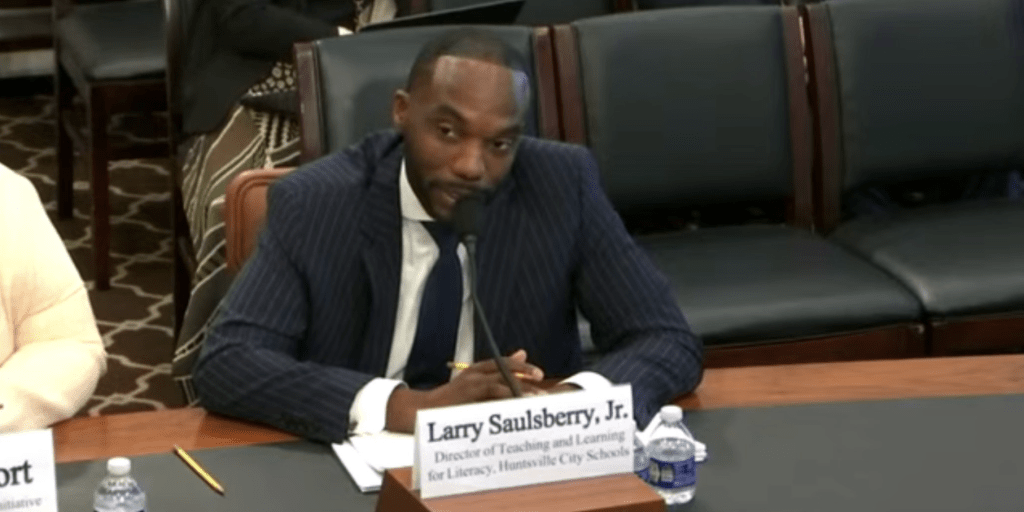MONTGOMERY – The Alabama Law Enforcement Agency is encouraging families across the state to help young drivers build safer habits from the start.
Under the theme “Driven to Drive Right,” ALEA is partnering with the U.S. Department of Transportation’s National Highway Traffic Safety Administration for National Teen Driver Safety Week.
The week aims to promote lifelong safe driving behaviors among teens and to remind parents that they play a crucial role in the shaping those habits long before the keys are ever handed over.
In 2024, 25,047 crashes in Alabama involved licensed drivers ages 15–19, resulting in the loss of 95 lives, according to Drive Safe Alabama.
“These are not just numbers. These are classmates, sons and daughters, friends and teammates whose lives were cut short,” ALEA Secretary Hal Taylor said. “New drivers are still learning, and we all have a duty, especially parents, to guide, teach and model safe driving behaviors before handing over the keys.”
In 2023 nationwide, 2,611 people were killed in crashes involving a teen driver (ages 15–18). Of those, 822 were teen drivers themselves, and 604 were passengers riding with them. Trends show 62% of those passenger fatalities were teens, with boys making up two-thirds of the victims.
ALEA stresses that every decision behind the wheel counts. One poor choice can result in devastating consequences — whether it’s speeding, driving distracted, skipping the seat belt, or driving impaired.
“We want to send a strong message to every Alabama family: Talk to your teens early and often about driving safely,” said Colonel Jonathan Archer, director of ALEA’s Department of Public Safety. “Teen Driver Safety Week is an ideal time to start these conversations, but it shouldn’t stop there. Safety starts at home and continues every time they get behind the wheel.”
ALEA encourages parents to cover the following rules of the road with their teen drivers:
- Put the cell phones down while driving
- Obey the speed limit
- No alcohol or drugs
- Never drive while impaired
- Limit passengers — especially other teens
- Know Alabama’s Graduated Driver License Law
Research shows that teens with parents who set clear driving rules and expectations are far less likely to engage in risky driving. These conversations, along with your example behind the wheel, could save a life.
To help families start the conversation, NHTSA and ALEA recommend visiting www.nhtsa.gov/road-safety/teen-driving for conversation guides, driving agreements and tips for reinforcing safe habits.
“Teenagers are excited to gain their independence, and driving is a big part of that,” said Taylor. “But independence comes with responsibility. The best gift we can give them is the knowledge, support and structure to help them make it home safely, every time.”











